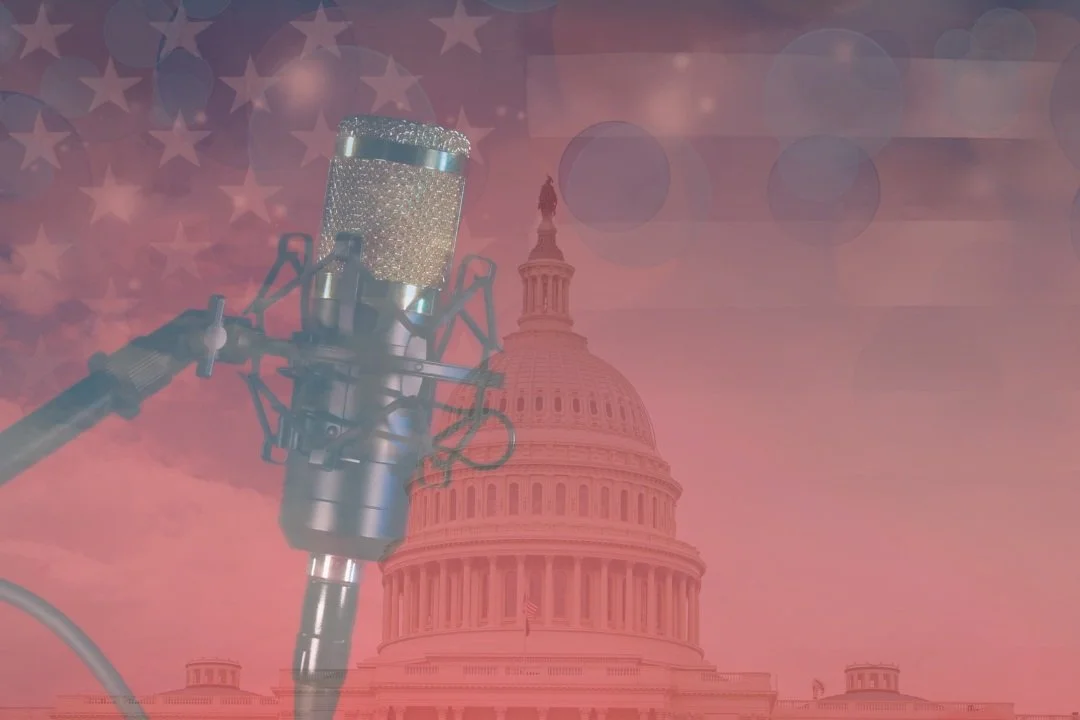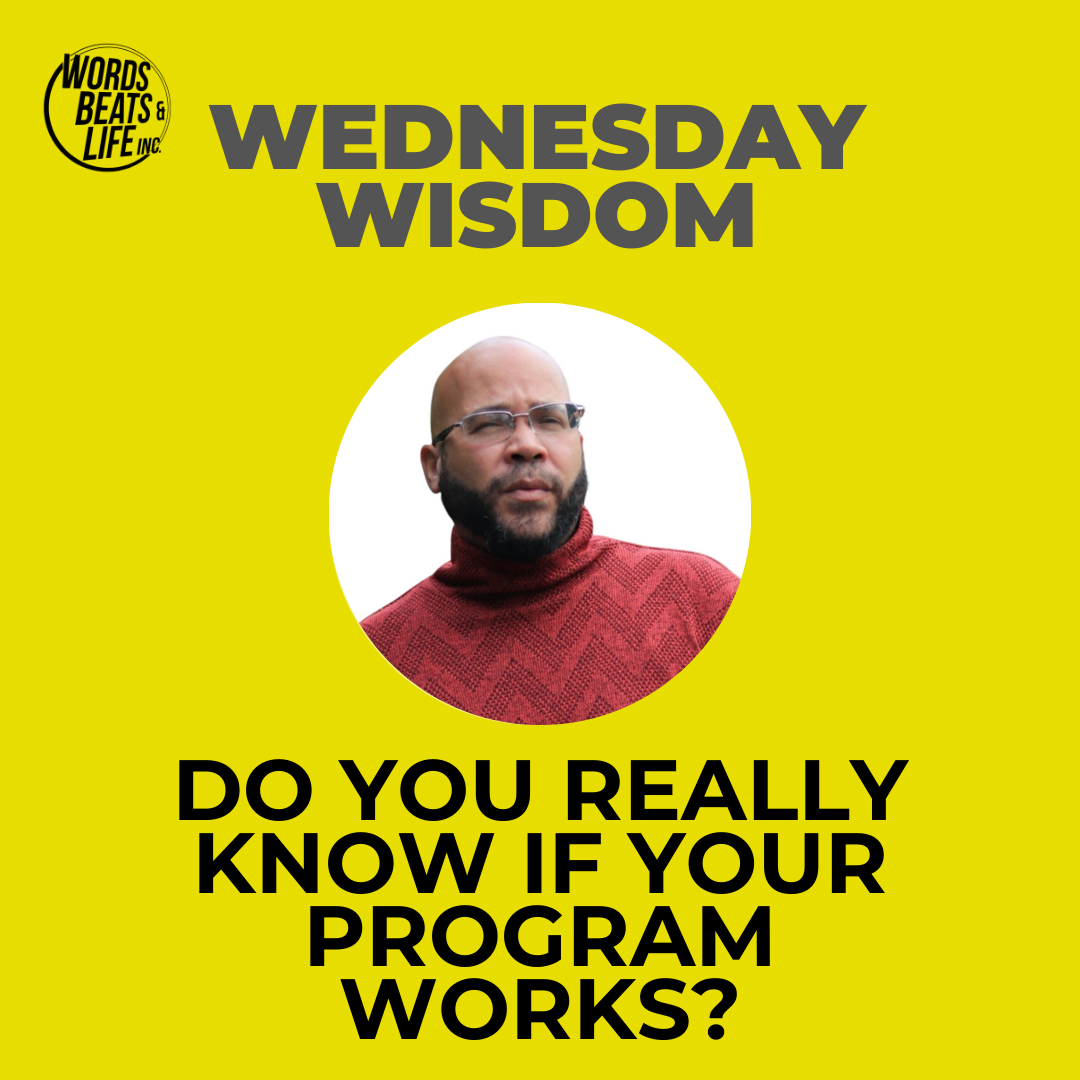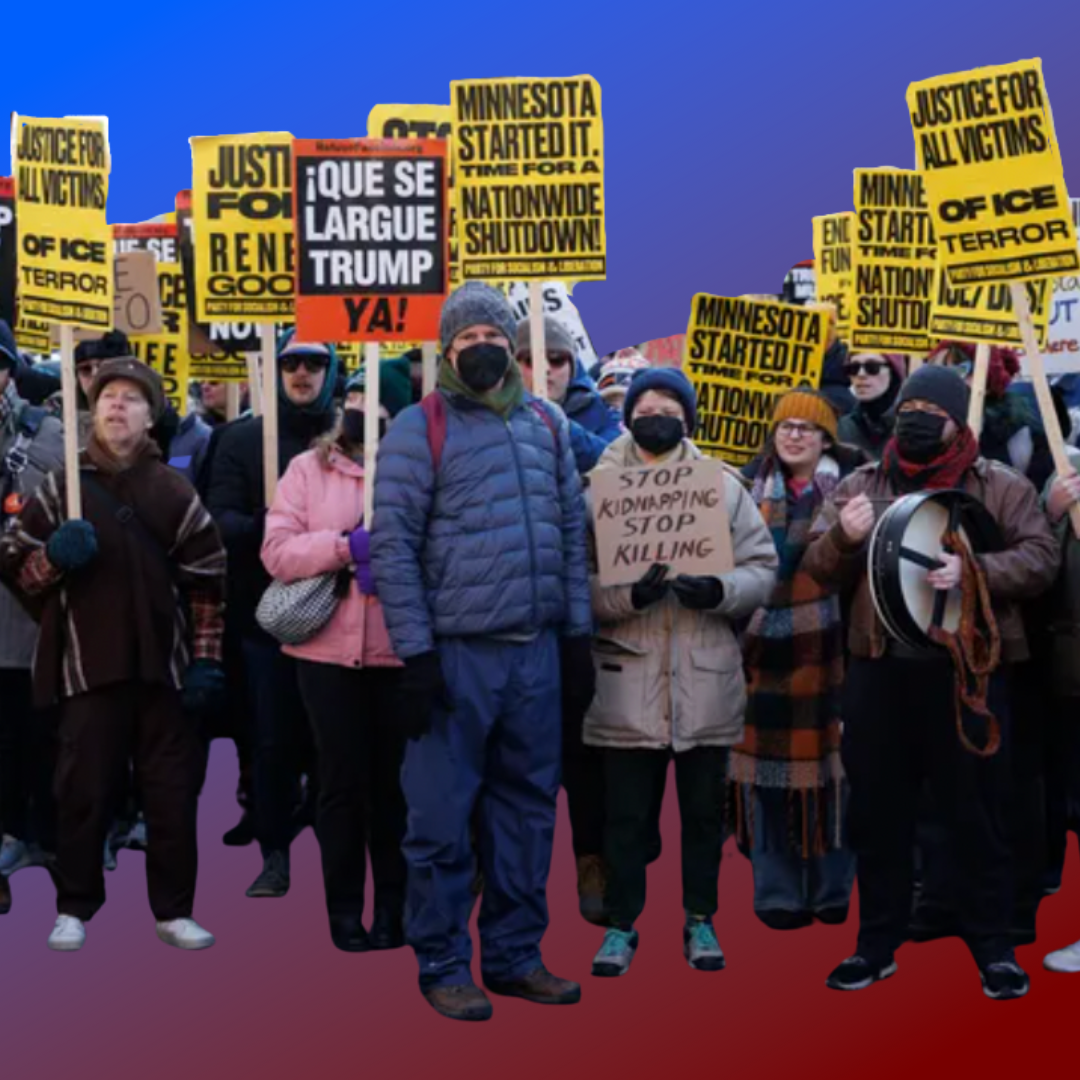Fascism in Rap
Maybe there is a reason so many superstars are comfortable with our current regime.
Google “fascism” and one of the first explanations appears courtesy of Wikipedia: “a far-right, authoritarian, and ultranationalist political ideology and movement, characterized by a dictatorial leader, centralized autocracy, militarism, forcible suppression of opposition, belief in a natural social hierarchy, subordination of individual interests for the perceived good of the nation or race, and strong regimentation of society and the economy.” When I receive my NYTimes alerts every morning, the latest action by our current president and his administration could be explained using this very definition.
When Donald Trump was elected and took office in January, I was horrified but not surprised. For the past 25 years, our country has trended toward a conservative and authoritative regime, culminating in the rolling out of Project 2025, a foundation that had been laid as far back as the mid-80s. In the ‘80s, Donald Trump was a failed racist real estate mogul, failing upward in the financial world due to his father’s wealth (sound familiar? Read: Elon Musk) and as likely to become president as he was to become a world-class athlete. However, the Barnum and Bailey showman was always apparent, and what Trump has always projected was an aura of power.
It isn’t hard to understand then how even before his rise to the highest office in the land, a subset of rap artists were already attracted to him. Everything Trump did was audacious, gaudy, flashy and unapologetic. From a clearly aesthetic standpoint, this aligned with rap artists who also were looking to convey their own persona of power and wealth as the hustler and street mogul. Hip-hop from its very inception was in a conversation with power; the question has become, “what side of the discussion would hip-hop ultimately rest on?”
Hip-Hop as a culture is a somewhat fractured and fractious universe. Over time, the ideas and ideals of what is recognized as such have splintered, down to the point of who and what truly represents the values of the culture. Through the first three generations of hip-hop, the co-option and commercialization of every aspect of the culture was well underway but had yet to fully take root. The romantic ideals of peace, love, unity and having fun still rang loudly, while the artistic elements that are the bedrock foundation of hip-hop were still striving for originality, innovation and to be a reflection of the realities of the communities that it came from. The last part of the last sentence is where things begin to become toxic.
While it can’t be argued that hip-hop was ever anti-capitalist, to an extent it could be seen as indifferent to it, as with many individuals a means to an end, as opposed to a dogma to be worshipped. But with every success in the boardroom, with every album sales record broken, the values that you would most associate with it, at least when thinking about the artistic elements, began to be quietly removed. The more rap music in particular embraced commercialization and capitalism as dogma, the more objectification and authoritarianism could align and attach itself onto it.
The evil truth that is not spoken wide enough and strongly enough is that Donald Trump is not a politician, nor has he any care or desire for it. Donald Trump is a demagogue whose sole interest is absolute power and control. In the hypermasculine, hypercapitalist environment commercial rap music embedded itself in, it shouldn’t be surprising that in the age of the hip-hop millionaire/billionaire many rap artists (particularly male rap artists) would openly find kinship with what he represents and be blinded wholly by the power he wields to the reality that he is forcefully ushering in.
Even Trump understands this. It isn’t a coincidence he embraced and invited a rapper/producer such as Kanye West into his circle — Ye, a tragic figure at this point who also has extreme visions of grandeur and desires for absolute power and fealty from a willing audience and fanbase. It isn’t surprising how Snoop Dogg, already on the road to achieving billionaire status, after denouncing his candidacy in 2016, unceremoniously flipped the script in 2024, performing at his inauguration and doubling down on his participation despite the overwhelming backlash from even his most ardent fans. It is the alignment of power that justifies Snoop showing allegiance to the new epicenter of it, even if performative.
It isn’t surprising that Ice Cube campaigned to move the Black community further to the right on the overly simplified (and not fully accurate) idea that the Democratic Party has done little for the community at large. Cube, now a movie superstar and burgeoning mogul, was smart enough to see where the winds were shifting. For individuals at this level of access and influence, who crave even more of it, justice, equity and even factual truth are of little consequence to be sacrificed if it means a consolidation and alliance with who or what currently holds the emperor’s chair.
A few weeks back from the time of me sitting down and pondering where the current state of rap and, by extension, the culture’s spirit and direction were headed, I came upon the most recent controversy surrounding Kanye. For several years now, Ye’s antagonistic rolling out of music and merchandise with blatantly racist and right-wing iconography has been well documented and debated. To his many loyalists, it’s been dismissed simply as a living genius being the sage provocateur, playing 4D chess with supreme messaging that us mere mortals wouldn’t be able to decipher. For those of us grounded in a more sober reality, informed of history, astute observation of all of these outbursts and declarations of allegiance to the symbolism of the Confederacy and Nazism spoke of something much darker and more dangerous than simply trolling or provoking some intellectual response to create debate and dialogue.
While I’d long past given up on Kanye, his latest “Nazi” song only affirmed what I’ve already observed: even in the world of hip-hop “absolute power corrupts absolutely.”





